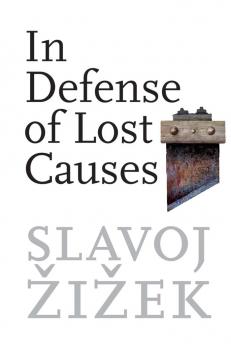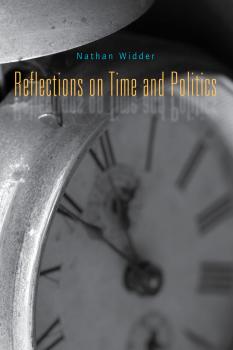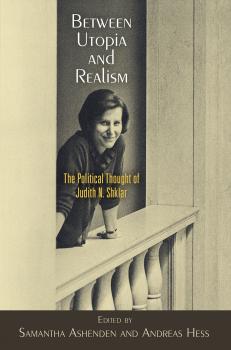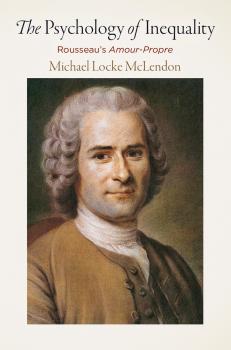Афоризмы и цитаты
Различные книги в жанре Афоризмы и цитатыThe Communist Horizon
Rising thinker on the resurgence of the communist idea. In this new title in Verso’s Pocket Communism series, Jodi Dean unshackles the communist ideal from the failures of the Soviet Union. In an age when the malfeasance of international banking has alerted exploited populations the world over to the unsustainability of an economic system predicated on perpetual growth, it is time the left ended its melancholic accommodation with capitalism. In the new capitalism of networked information technologies, our very ability to communicate is exploited, but revolution is still possible if we organize on the basis of our common and collective desires. Examining the experience of the Occupy movement, Dean argues that such spontaneity can’t develop into a revolution and it needs to constitute itself as a party. An innovative work of pressing relevance, The Communist Horizon offers nothing less than a manifesto for a new collective politics.
In Defense of Lost Causes
Acclaimed, adrenalin-fuelled manifesto for universal values by 'the most dangerous philosopher in the West.' In this combative major new work, philosophical sharpshooter Slavoj Zizek looks for the kernel of truth in the totalitarian politics of the past. Examining Heidegger's seduction by fascism and Foucault's flirtation with the Iranian Revolution, he suggests that these were the 'right steps in the wrong direction.' On the revolutionary terror of Robespierre, Mao and the bolsheviks, Zizek argues that while these struggles ended in historic failure and horror, there was a valuable core of idealism lost beneath the bloodshed. A redemptive vision has been obscured by the soft, decentralized politics of the liberal-democratic consensus. Faced with the coming ecological crisis, Zizekk argues the case for revolutionary terror and the dictatorship of the proletariat. A return to past ideals is needed despite the risks. In the words of Samuel Beckett: 'Try again. Fail again. Fail better.'
After the Future
After decades of relative unknown in the United States, interest in Bifo's work spiked last year with the publication of several of his older works in translation.Though his work is now becoming more widely available in English, this is the first of Bifo's books aimed at an American activist audience. Whereas his other work in English is largely philosophical, After the Future is largely pragmatic and programmatic, and based in Bifo's years of experience as a media activist in Italy.As the battle to free the airwaves rages in the FCC, interest in radio activism and pirate radio continues to swell. As one of the founders of Radio Alice, one of the most famous pirate radio stations of all times, Bifo is well-known already to many folks who are active in media advocacy circles. After the Future discusses his experiences with Radio Alice explicitly.Italian Autonomia thinkers like Antonio Negri, Georgio Agamben, and Paolo Virno continue to interest American theoretical audiences. Bifo is one of the most-important, but least-well known members of the Italian autonomist movement.
The Psychology of Inequality
In The Psychology of Inequality , Michael Locke McLendon looks to Jean-Jacques Rousseau's thought for insight into the personal and social pathologies that plague commercial and democratic societies. He emphasizes the way Rousseau appropriated and modified the notion of self-love, or amour-propre , found in Augustine and various early modern thinkers. McLendon traces the concept in Rousseau's work and reveals it to be a form of selfish vanity that mimics aspects of Homeric honor culture and, in the modern world, shapes the outlook of the wealthy and powerful as well as the underlying assumptions of meritocratic ideals. According to McLendon, Rousseau's elucidation of amour-propre describes a desire for glory and preeminence that can be dangerously antisocial, as those who believe themselves superior derive pleasure from dominating and even harming those they consider beneath them. Drawing on Rousseau's insights, McLendon asserts that certain forms of inequality, especially those associated with classical aristocracy and modern-day meritocracy, can corrupt the mindsets and personalities of people in socially disruptive ways. The Psychology of Inequality shows how amour-propre can be transformed into the demand for praise, whether or not one displays praiseworthy qualities, and demonstrates the ways in which this pathology continues to play a leading role in the psychology and politics of modern liberal democracies.









